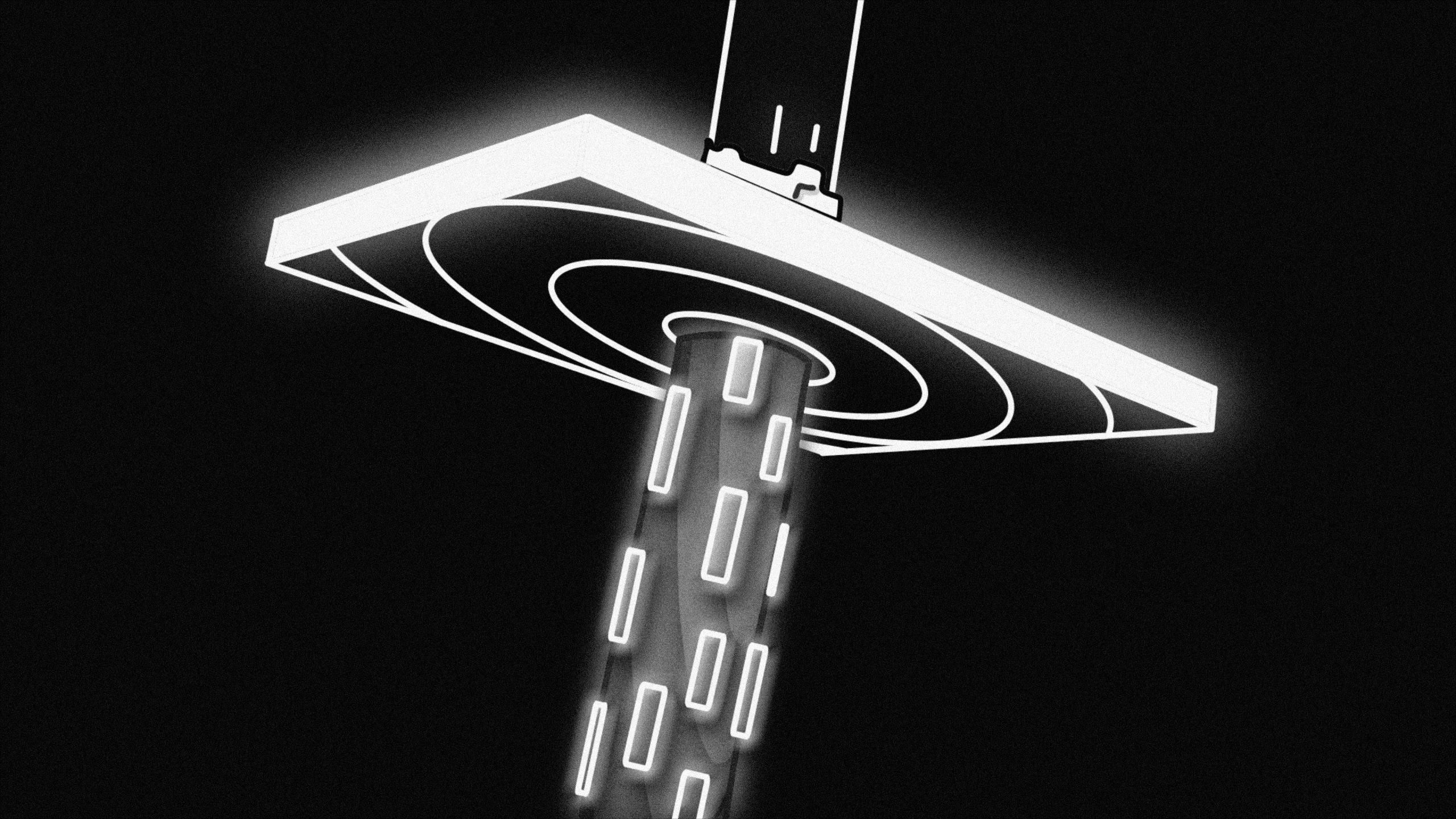On November 28, AWA India proudly hosted the first in a three-part series of online workshops exploring the future of work and its implications for workplace professionals in India. This engaging session brought together a diverse group of influential Workplace Leaders dedicated to shaping the future of workplace experience across Indian organizations.
A Forward-Thinking Workshop Series
The inaugural workshop featured Dr. Wilson Wong, a renowned futurist, who delivered a thought-provoking presentation on the future of work in India beyond 2030. This session set the stage for deep exploration into how shifting social, political, and technological landscapes will redefine workplace roles, responsibilities, and spaces.
Shashidhar Sharma, AWA Country Manager for India, and Parthajeet Sarma also shared their insights, sparking meaningful conversations that underscored the importance of collaboration and innovation in addressing these pressing topics.

Key Themes from Dr. Wong’s Vision
Geo-political Transformations: A shift towards a multi-polar world, altering trade, supply chains, and global collaborations.
The incoming US Administration is likely to upend many assumptions about the global order long-established after World War 2 – free-trade, liberal democracy, and stable blocs of allies. In a multi-polar world with fractured yet interconnected relationships, governments and organizations will be challenged by shifting alliances and fluctuating rules affecting trade, supply chains, the free movement of people, technology, and finance.
Social Shifts: The rise of new ideologies and citizen-led actions, fuelled by the digital age.
In this year of general elections (2024), incumbents in free democracies have lost power. Citizens feel that political elites have not had their interests at heart, leading many to seek alternatives, including extreme ideologies promising change. Social media has enabled individuals to validate their views, find communities, and act publicly.
Technological Advances: AI and automation are reshaping industries, though a balance between disruption and opportunity must be found.
Technologies of the 4th Industrial Revolution – AI, automation, and digital platforms – have changed the way we work. While we are at peak AI hype with record investment by Big Tech, the AI bubble may burst, or early promises of productivity may be realized. The promise of new AI-enabled jobs is exciting, but there may be a lag, similar to the disruption of the Industrial Revolution to many skilled jobs.
India: Distribution of the workforce across economic sectors from 2012 to 2022

India’s Unique Role: With its youthful demographic, ambitious infrastructure goals, and increasing global influence, India is poised to play a pivotal role in shaping the future of work and sustainability.
As the 5th largest economy, the 4th largest emitter of carbon dioxide, and the 7th in the renewable energy country attractiveness index, decisions taken in India will have global implications. With an ambitious infrastructure investment plan and the challenge of a demographic youth bulge, careful long-term strategic planning for sustained and sustainable growth is essential. By 2050, India’s elderly will exceed the population of its children.

The future of the built environment: the role of cities
Cities are economically complex, with many interlocking co-located sectors generating value creation and productivity. City buildings and spaces make sense if they generate value, increase productivity, social capital, creativity, and innovation, contribute to corporate and professional identity, and are part of a thriving, secure, enjoyable, and interconnected ecosystem.
Future-Forward Discussions
Feedback from our Workplace Leaders
In breakout discussions, sustainability emerged as a top concern, focusing on:
- The integration of sustainable practices in urban and workplace design.
- Leveraging technology and innovation to meet the needs of future users.
- Balancing diversity and complexity in designing workspaces that adapt to evolving demands.
Insights from AWA Leadership
Raising Cognitive Performance:
Shashidhar Sharma and Parthajeet Sarma from AWA shared a vision of workplaces as ecosystems designed to optimize human and augmented intelligence. Key takeaways include:
- Augmented Intelligence: A future where human and AI collaboration enhances efficiency and innovation.
- Cognitive Design: Reducing mental strain through thoughtful office layouts and resource integration.
- Next-Generation Workspaces: Creating environments that resonate with the needs of younger, dynamic workforces.
- Piloting Progress: Launching initiatives to measure the impact of these designs on individual and organizational performance
Looking Ahead
The lively discussions from this workshop were just the beginning. If you’re a Workplace Leader in India, we invite you to join us for the next session in this series on January 9, 2025, where we will dive deeper into the actionable implications for workplace and workplace leaders.
As we move forward, AWA India remains committed to driving cutting-edge thought leadership and fostering a community of forward-thinking workplace professionals. Together, we can shape a future-ready workplace experience.
Join us to stay ahead in the evolution of work.
For more details on our workshops and insights, sign up to our AWA Institute membership; you can get started for free today.




